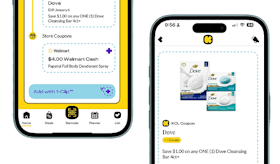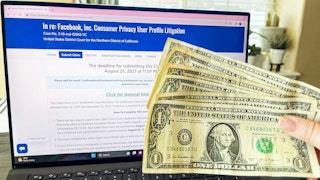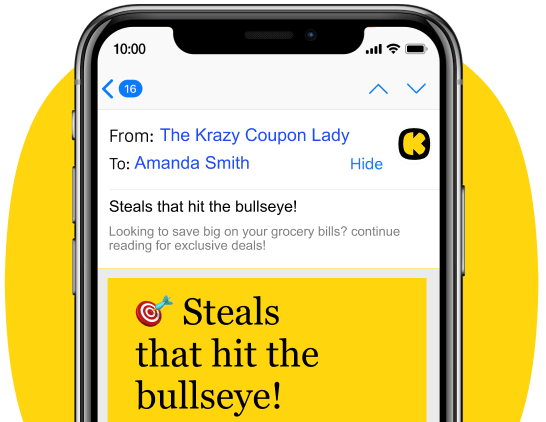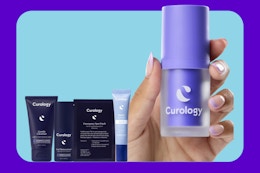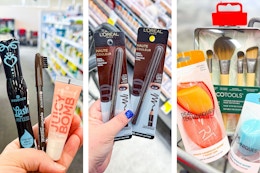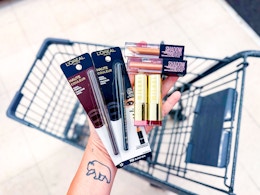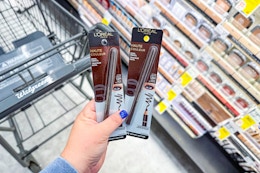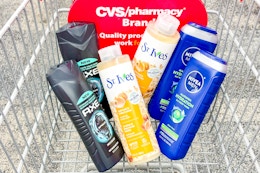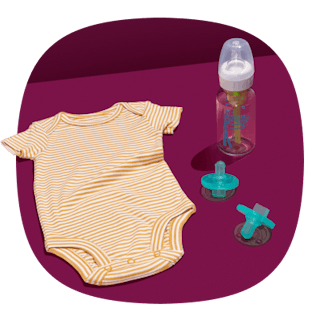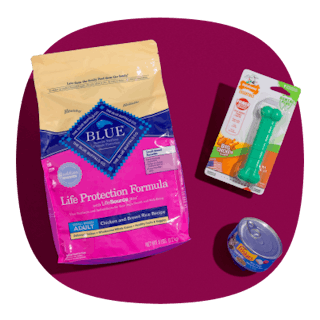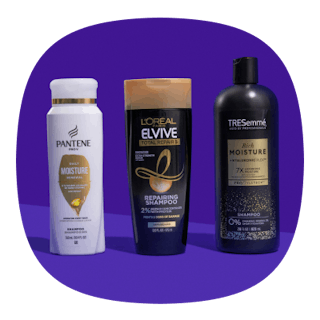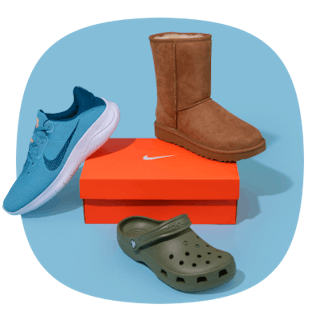You might’ve heard about the big Facebook data breach that led to a class action lawsuit, which led to a $725 million settlement with users. Well, now we know a little more about what payouts are going to look like.
We’re still waiting for more info on some of Facebook’s other settlements — like the $37.5 million class-action lawsuit that addressed allegations of improper location tracking — but rest assured, if you filed claims in these cases, you’ve got more money coming.
The privacy lawsuit was originally filed back in 2018, and the location tracking lawsuit was filed in September 2022. In both cases, Facebook has settled and will end up paying customers a grand total of $762.5 million without admitting any wrongdoing. (But there are even more Facebook settlements swirling around, too.)
We’ve got all the info about these class-action settlements right here.
Expect around $30 if you filed a claim Facebook Data Breach settlement.

Although proof wasn’t required to get paid, if you qualified for the data breach settlement, you had to file a claim by Aug. 25 to receive your payout.
According to how class action lawsuits work, payments usually go out after the court has given final approval to the terms of a settlement. For this data breach settlement the hearing was on Sept. 7, 2023. After that hearing, the lawyers said that most people will get about $30. But, the amount can be different depending on how long someone had a Facebook account between May 2007 and December 2022. People who used Facebook more might get more money.
You’ll get paid via the method you chose during the claims process — either via prepaid Mastercard, PayPal, Venmo, direct deposit, Zelle, or paper check.
As far as when you could get paid, it could take some time, especially if there are any disagreements or delays. So, keep an eye on your account, because some money from this settlement might show up at some point.
There are even more Facebook settlements.

Over the last few years, Facebook has been hammered with class-action lawsuits that take issue with the company’s privacy policies. In every case, Facebook admitted no wrongdoing. Here are three class-action lawsuits that settled recently:
$37.5 Million Location Tracking Settlement: August 2023
Meta resolved another class-action lawsuit related to Facebook location tracking. The lawsuit claimed that Facebook improperly tracked users’ locations, even when they had specifically turned off location services in their Facebook app.
Facebook agreed to a settlement amount of $37.5 million. This settlement was designed to provide compensation to Facebook users in the United States who had their location services turned off on their iOS or Android smartphones between January 30, 2015, and April 18, 2018. Just like the data breach settlement, no proof was required to qualify for the location tracking settlement. The payout for this lawsuit was $37.5 million.
$90 Million ‘Like’ Button Settlement: June 2022
Facebook users filed a class-action lawsuit, alleging that the company tracked their web browsing activity without permission using the “Like” button on non-Facebook websites between April 2010 and September 2011. Meta, Facebook’s parent company, agreed to delete all cookie data collected through the Like button during that time as part of the settlement. And they paid users $90 million.
$650 Million Illinois Biometric Settlement: February 2021
Facebook settled for $650 million in 2021 in an Illinois biometric lawsuit. The users alleged that Facebook violated policies by using facial recognition data to automatically recognize users in pictures and videos they uploaded to the platform.
Download the KCL app to add and redeem coupons in store
